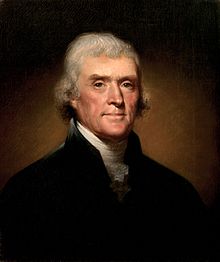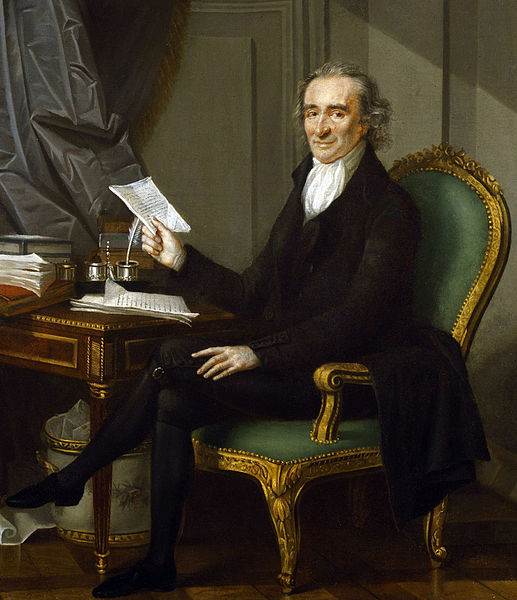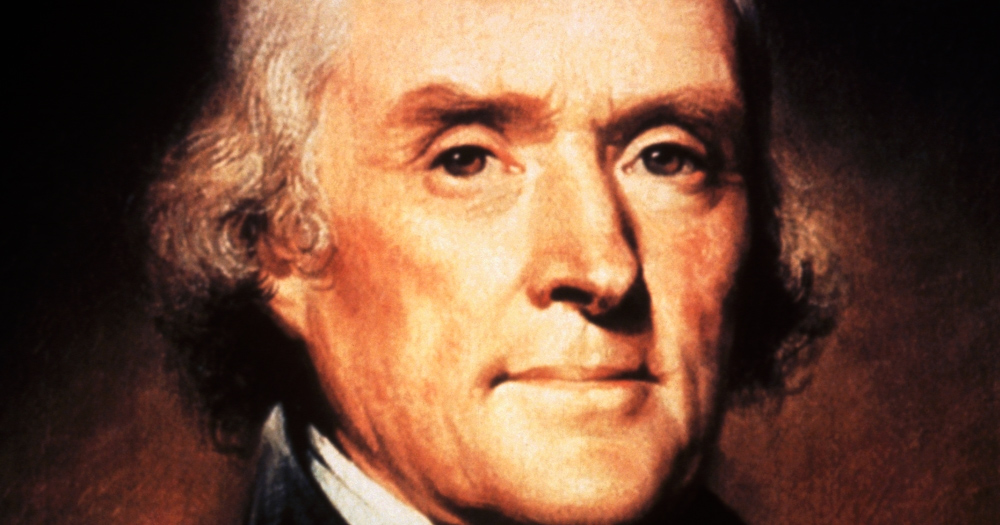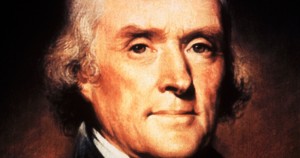Happy Independence Day!
Though I understand if you are not feeling all that exultant, today.
Last week’s Supreme Court decision allowing the unconstitutional 2,700-page monstrosity known as Obamacare to stand was, well, bracing. We can soberly see how far our great country has fallen from the Republic our Founders envisioned. And how long and hard the battle will be to restore our country.
Let’s face it: We’re headed in the wrong direction. Unless we change course, our children and grandchildren will never know the freedom and opportunity and security that we have known. Can we accept such a fate? Can we live with it? Can we even bear to go to our graves with it?
On this day 236 years ago, not only did the United States of America break away from the monarchical and mercantilist British Empire, but we did so with a Declaration of Independence that spoke to “a candid world,” firing up the hearts and minds of people everywhere.
The Declaration served, in its day, as the most eloquent expression of the equality and dignity of each individual human being . . . of our inviolate right to freedom. It continues to do so today.
Freedom fighters worldwide have long been inspired by the simple words of our Founders . . . speaking truth to power:
We hold these Truths to be self-evident, that all Men are created equal, that they are endowed by their Creator with certain unalienable Rights, that among these are Life, Liberty, and the pursuit of Happiness — That to secure these Rights, Governments are instituted among Men, deriving their just Powers from the Consent of the Governed, that whenever any Form of Government becomes destructive of these Ends, it is the Right of the People to alter or abolish it, and to institute a new Government, laying its Foundation on such Principles, and organizing its Powers in such Form, as to them shall seem most likely to effect their Safety and Happiness.
It falls to us, today, to restore some semblance of this precious freedom.
The enemies of freedom are powerful and entrenched — but remember, they were at the founding, too.
Of course, today’s situation has a somewhat different complexion. The public employee unions (basically, the government itself) are now the biggest spending and most powerful special interests in our politics. Crony phony-capitalists (Solyndra and many more) join them to feed at the federal trough, gorging on our tax dollars, wallowing in the borrowed money that threatens collapse and catastrophe. They push ever more power into the hands of politicians and their special-interest clients.
Though whopping majorities of citizens favor balanced budgets, limited government, and common-sense checks on power — term limits and the right to initiative, referendum and recall — our so-called representatives ignore the will of the people. Their spending and debt and nanny-statism know no bounds. They sue to overturn our votes and fashion a maze of unconstitutional rules to block our political participation.
Today’s warning isn’t “the redcoats are coming!” it’s “the turncoats are in charge!”
We can’t count on politicians or judges to save us. We can only count on each other.
Benjamin Franklin said, “We must hang together or we shall surely all hang separately.”
This Common Sense program, in the spirit of Tom Paine’s famous pamphlet that inspired our revolution, is my effort to educate, to excite citizens to action, to entertain at times, and to unite us in our common cause.
From highlighting today’s grassroots freedom-fighters to lambasting the mindless nanny-state busybodies in high places, Common Sense is a daily shot heard ’round the world.
We don’t often ask for your financial support, but we can only continue with your support. Make a monthly pledge of $17.76 to Citizens in Charge. Or make a one-time gift today for $25 — or $100! — or whatever you can afford to give.
“Those who expect to reap the blessings of freedom must, like men, undergo the fatigue of supporting it,” Paine wrote to “the inhabitants of America.”
My goal in these commentaries is to add punch and verve to the movement, vanquishing fatigue so we can fight on.
Freedom is worth it. The only way to beat the odds is to fight.
This is Common Sense. I’m Paul Jacob.

P.S. Just as in Paine’s day, and in his words, “These are the times that try men’s souls. The summer soldier and the sunshine patriot will, in this crisis, shrink from the service of their country; but he that stands by it now, deserves the love and thanks of man and woman.”
P.P.S. Thank YOU for stepping up today and helping keep this program alive and kicking. Your monthly pledge of $17.76 or a one-time gift of $100, $50, $25 or $15 keeps us passing the ammunition. Please contribute. Why not do it now?




 But give him his due: it was Adams who insisted that Jefferson write the Declaration, and it was indeed its words — especially that of its “mission statement” preamble — that resonate almost universally to this day. And gave birth to the annual festivities.
But give him his due: it was Adams who insisted that Jefferson write the Declaration, and it was indeed its words — especially that of its “mission statement” preamble — that resonate almost universally to this day. And gave birth to the annual festivities.

